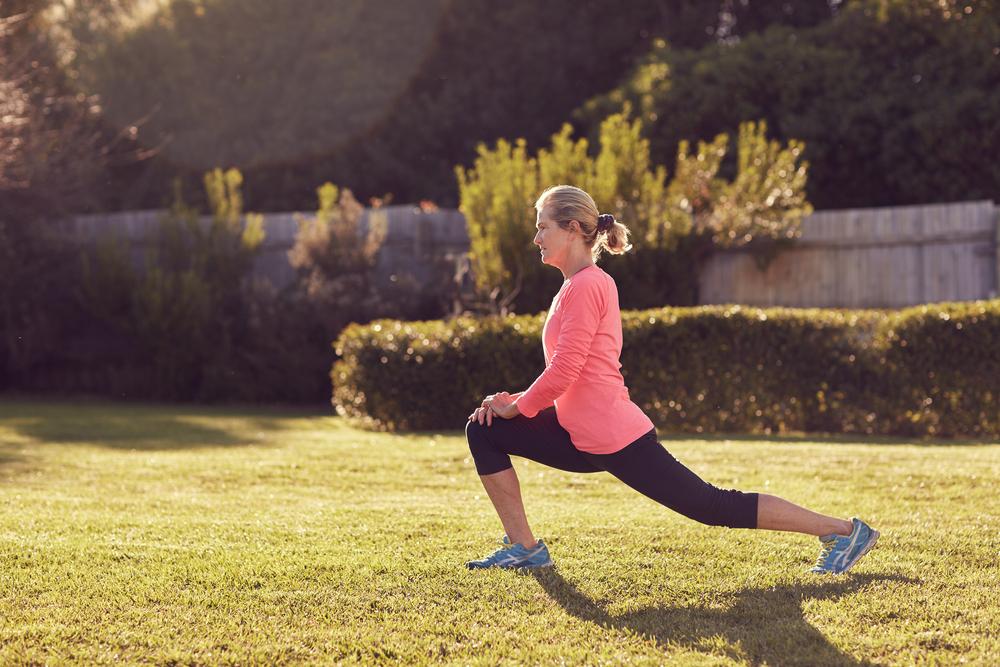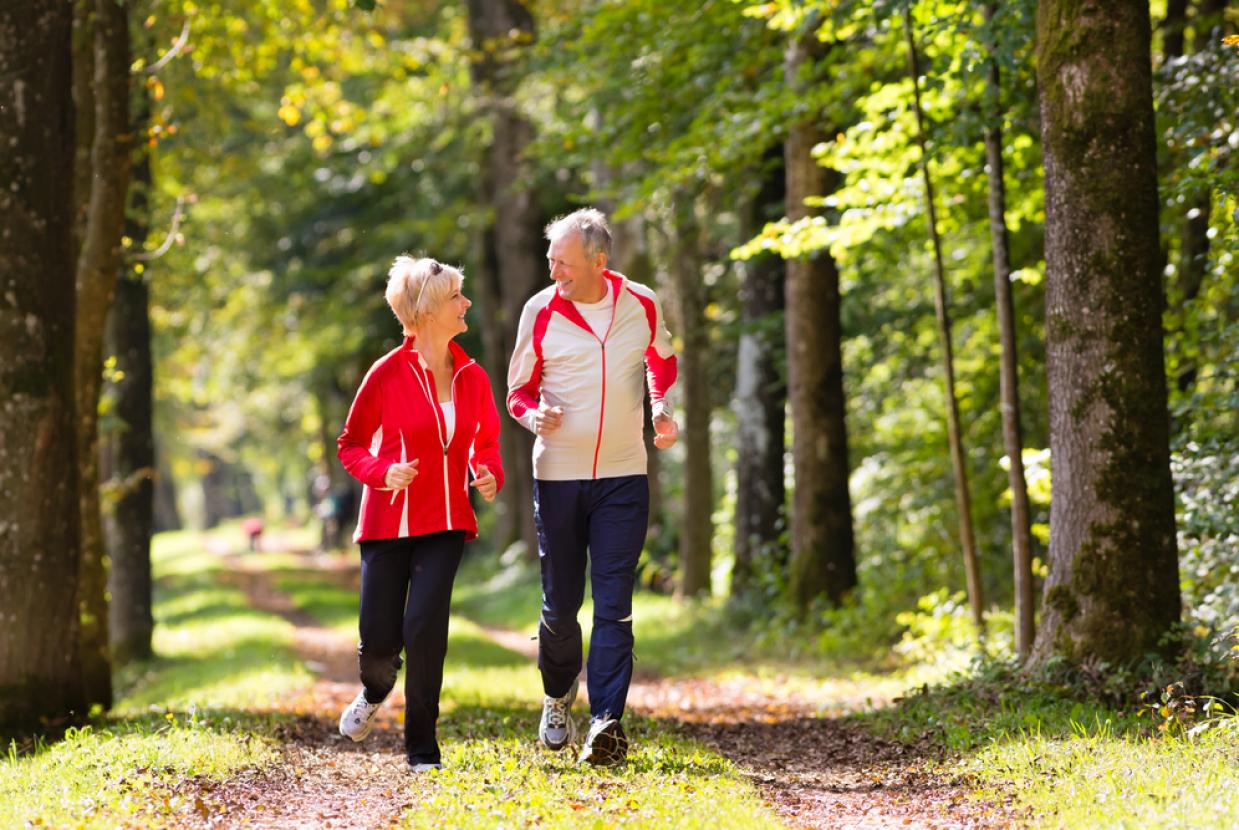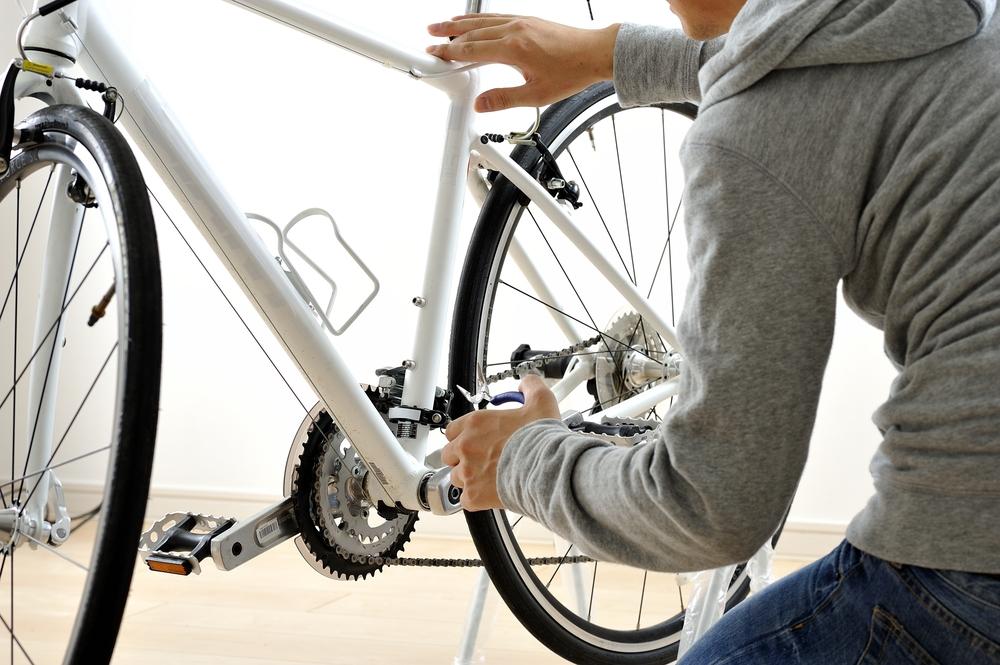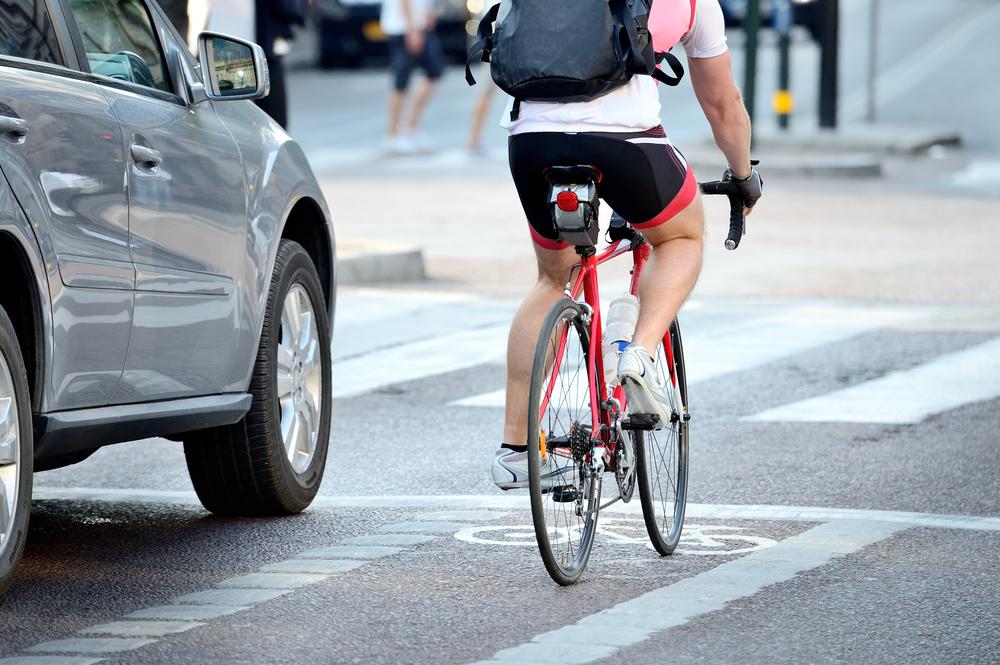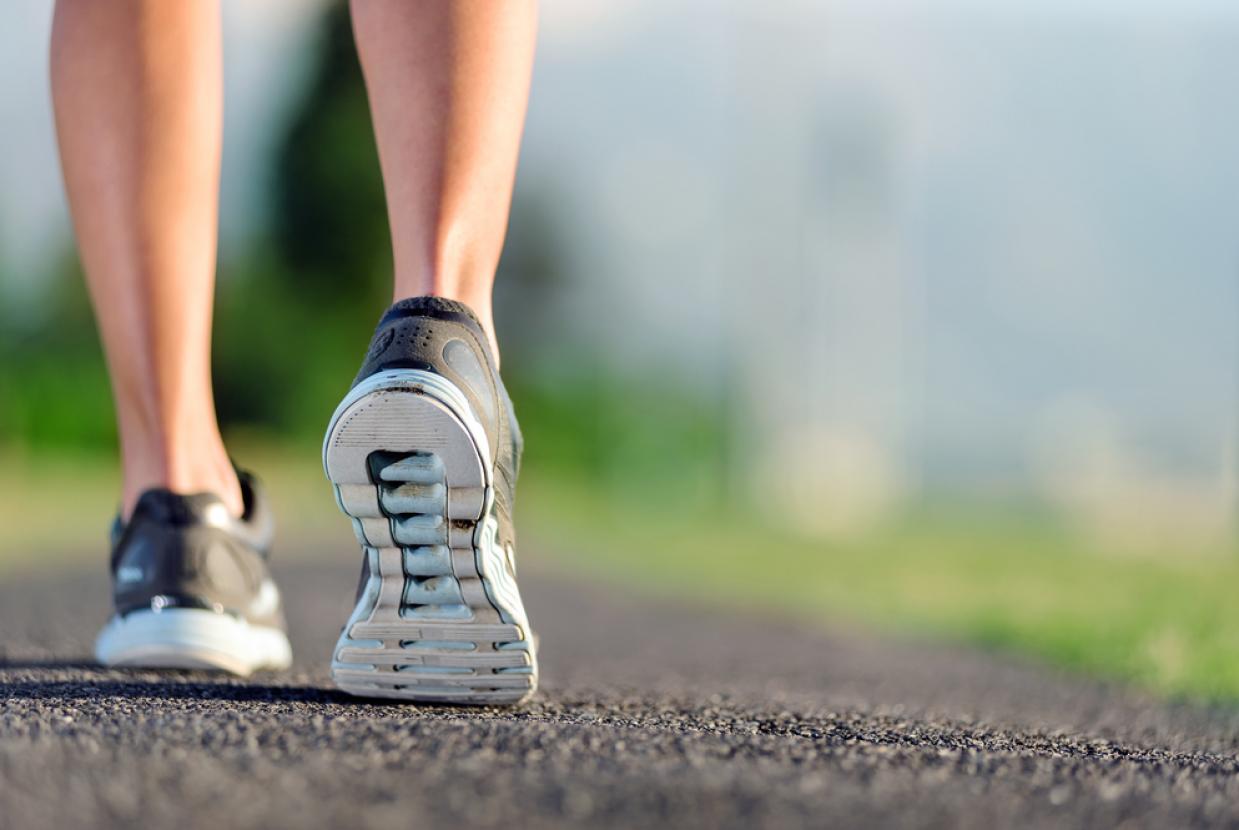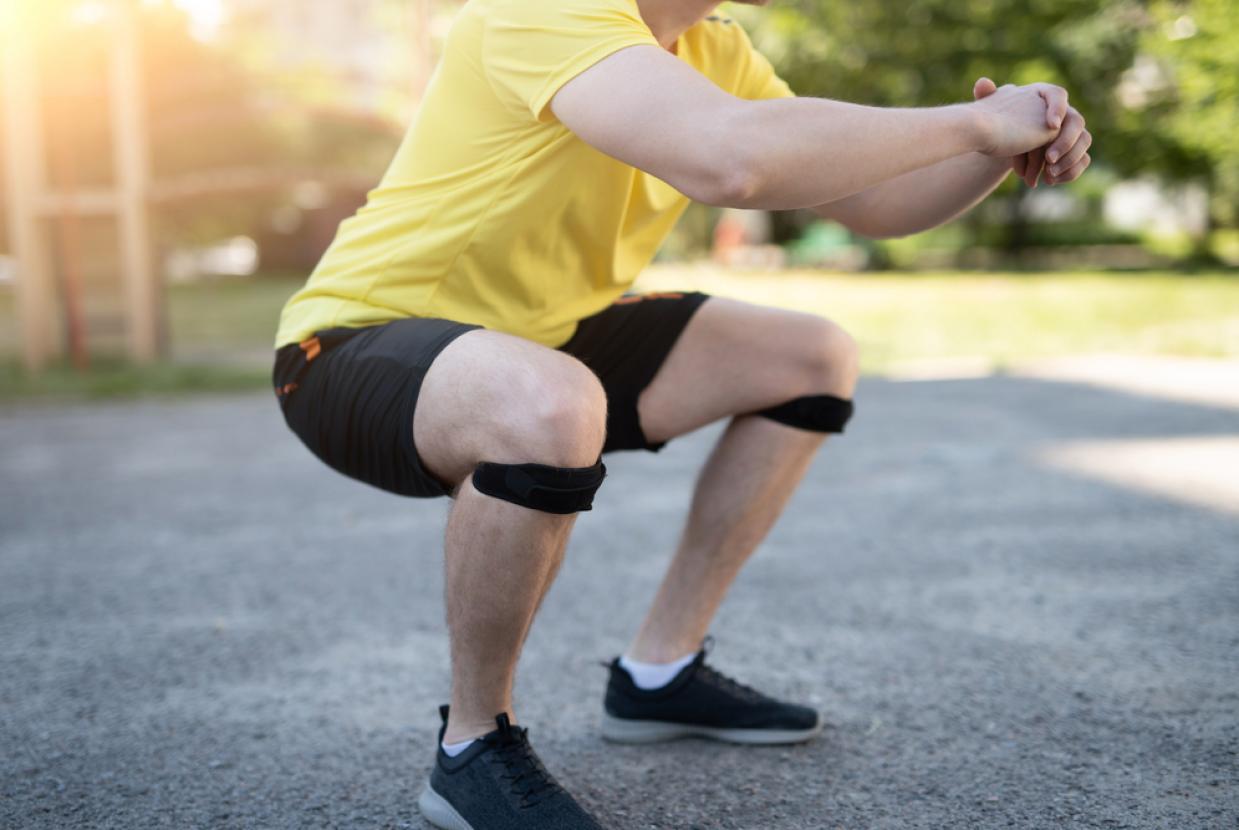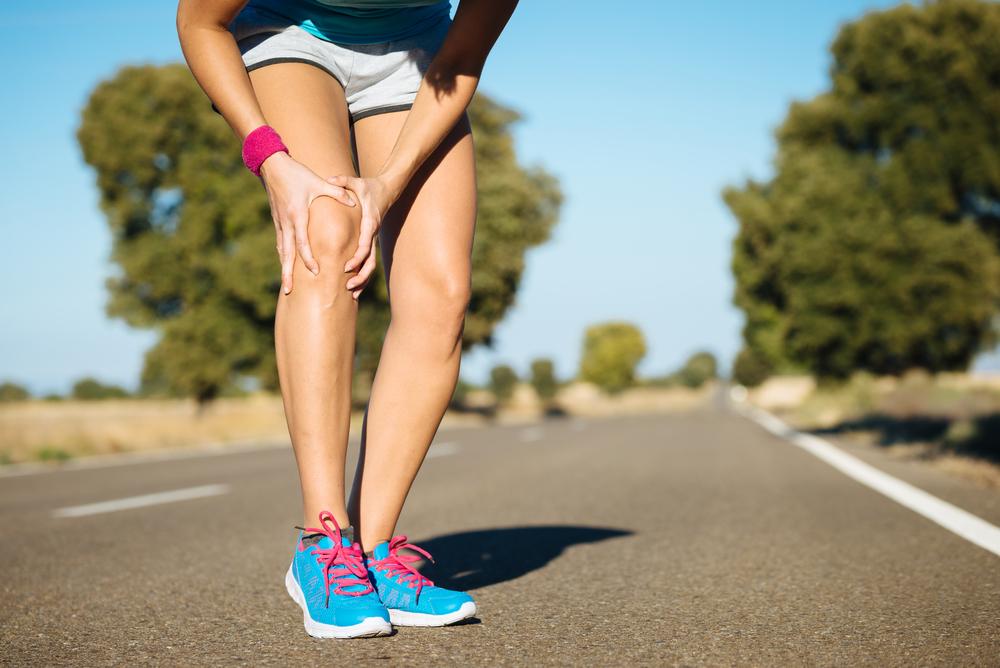Health Benefits Of Cycling & Walking
Getting out walking or cycling burns calories, gets your heart pumping and works your legs and abs. It can also lift your mood, put a smile on your face and improve your general health and wellbeing.
Being inactive is a serious threat to our collective health – research shows that keeping physically active can reduce the risk of heart and circulatory disease by as much as 35% and risk of early death by as much as 30%. It’s recommended that adults take part in 2.5 hours of moderate activity per week. But current physical activity levels in the UK are low: only 40% of men and 28% of women meet these minimum recommendations.
One way to achieve this target is to do 30 minutes’ exercise at least five times a week – the perfect length of time for short, local journeys on foot or by bike. By swapping short car journeys with cycling or walking, you can easily build exercise into your day and reap the health benefits. Research shows adults who cycle regularly have fitness levels of someone up to 10 years younger.
Keep active, keep a healthy weight
A healthy weight could be different for two people of the same sex, age and height because we all have different bone structures and muscle development. What’s important is that you feel healthy, self-confident and keep your body fat at the right level - not what the scales say. The best way to maintain a healthy weight is to be active.
- Cycling raises your metabolic rate, which can help to keep weight off
- Moderate pedal-pushing burns up to 500 calories per hour, which is more than walking or swimming
- A 20-minute bike ride to work could use the same amount of calories as a cappuccino, a bar of chocolate or a 175ml glass of wine
Exercise prevents serious illness
Physical activity isn’t a guarantee against all disease, but it has been shown to greatly reduce the chances of several serious illnesses.
Heart disease
Heart disease is the number one cause of death in the UK. According to the Chief Medical Officer, inactive and unfit people have almost double the risk of dying from heart disease compared to more active and fit people.
Asthma
Asthma has significantly increased amongst young people and adults in recent decades and traffic pollution has been shown to have a strong link to this. By choosing sustainable transport we can all do our part to clean up the air in our citites.
Diabetes
According to Diabetes UK, physically active people have a 33-50% lower risk of developing type II diabetes compared to inactive people.
Cancer
By being physically active, you can reduce the risk of breast, bowel and womb cancer. Cancer Research UK says that keeping active could help to prevent more than 3,000 cases of cancer in the UK every year.
Be active for your general wellbeing
Many other areas of your health and wellbeing will benefit from increasing your activity, too.
- Bad backs: The British Chiropractic Association specifically identified shorter car journeys as placing the back under immense strain. Driving to a desk job means prolonged hours of physical inactivity negatively affecting posture and circulation.
- Mental Health: studies have shown that physical activity can be used to overcome, and even prevent, depression and anxiety. According to the Mental Health Foundation, physical activity can be as effective as medication and counselling.
If you're thinking about getting active, be patient and try and find the right exercise for you. It may be a bit intimidating at first, but once you've found your groove, you'll never look back.















